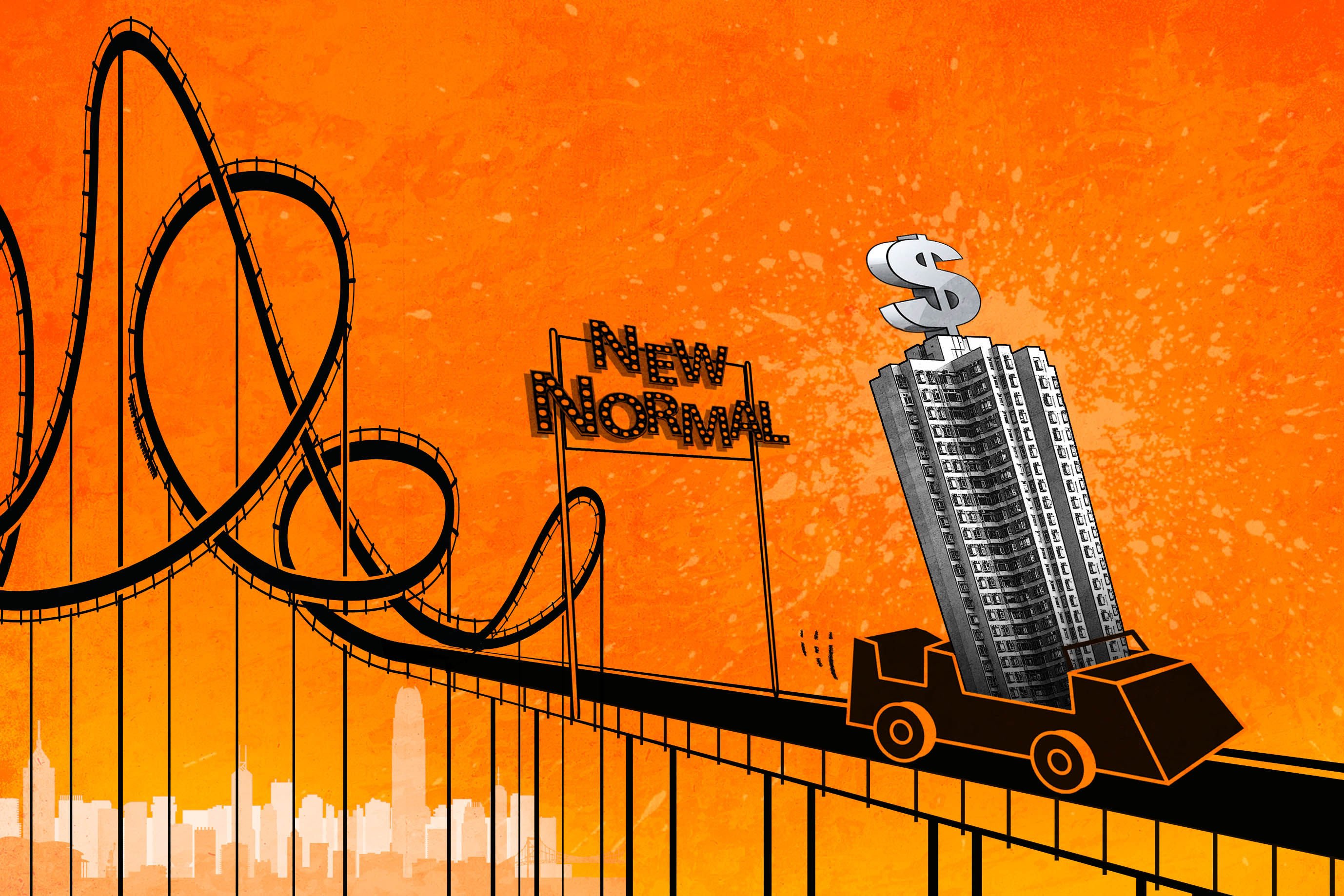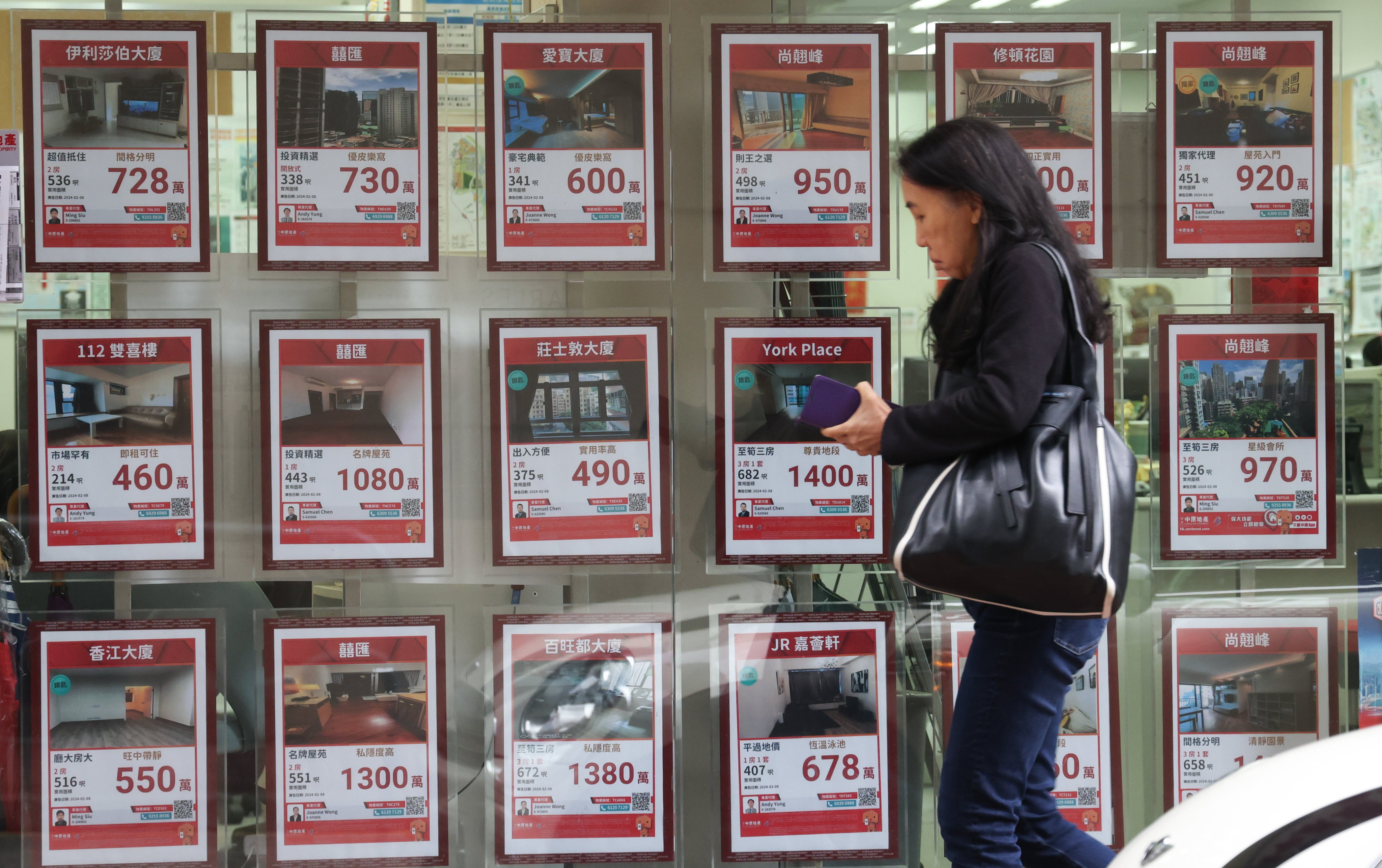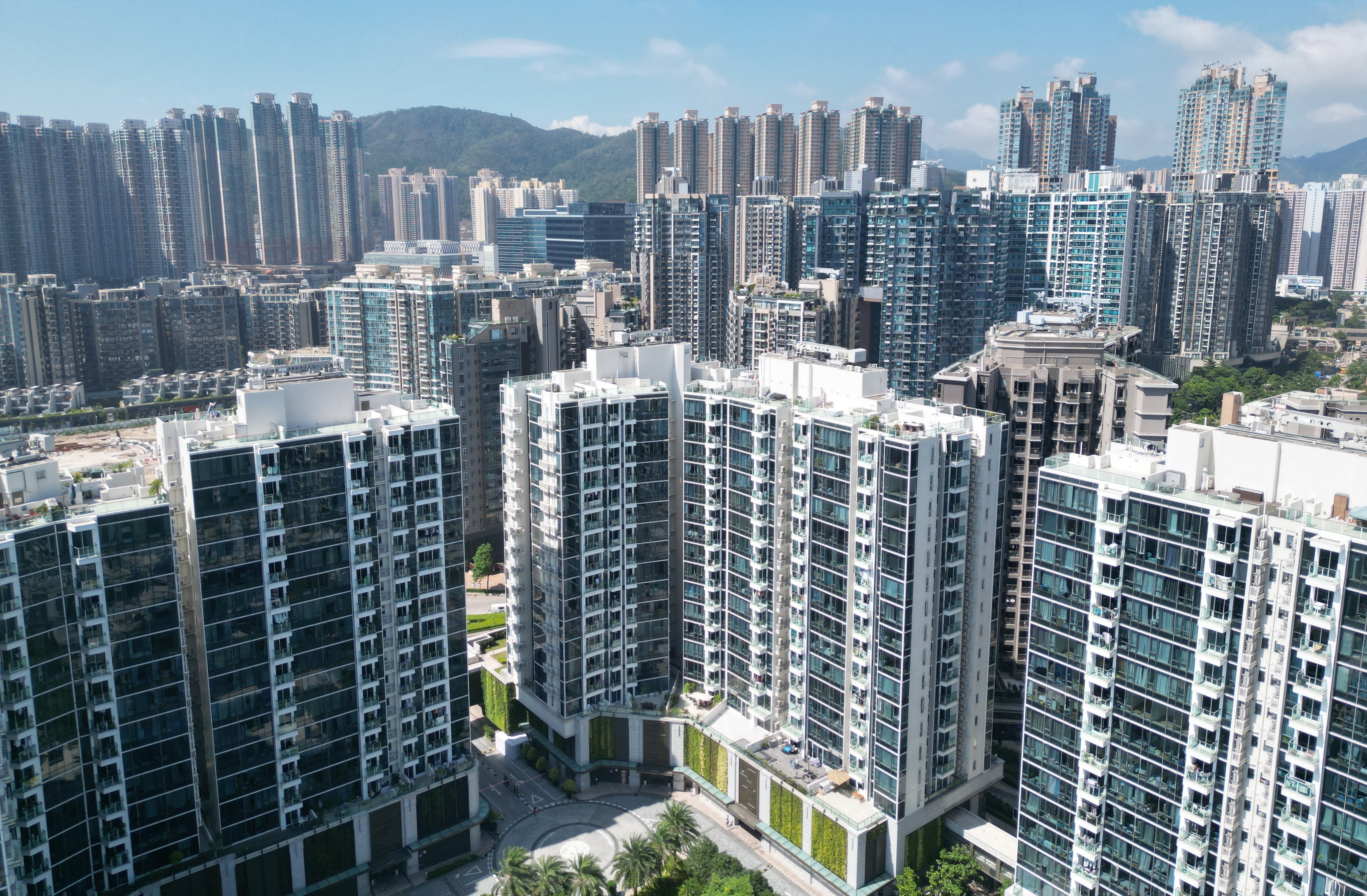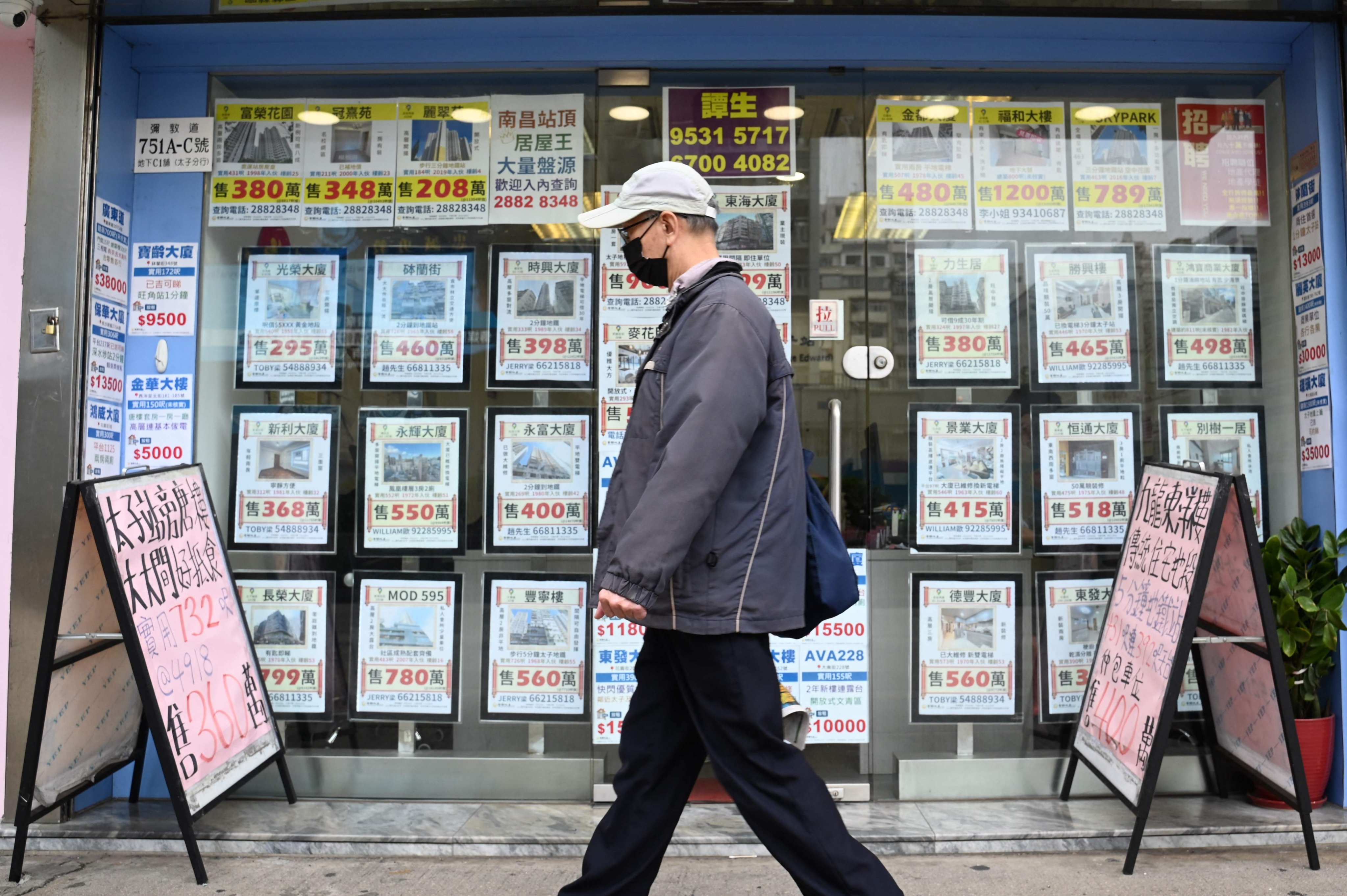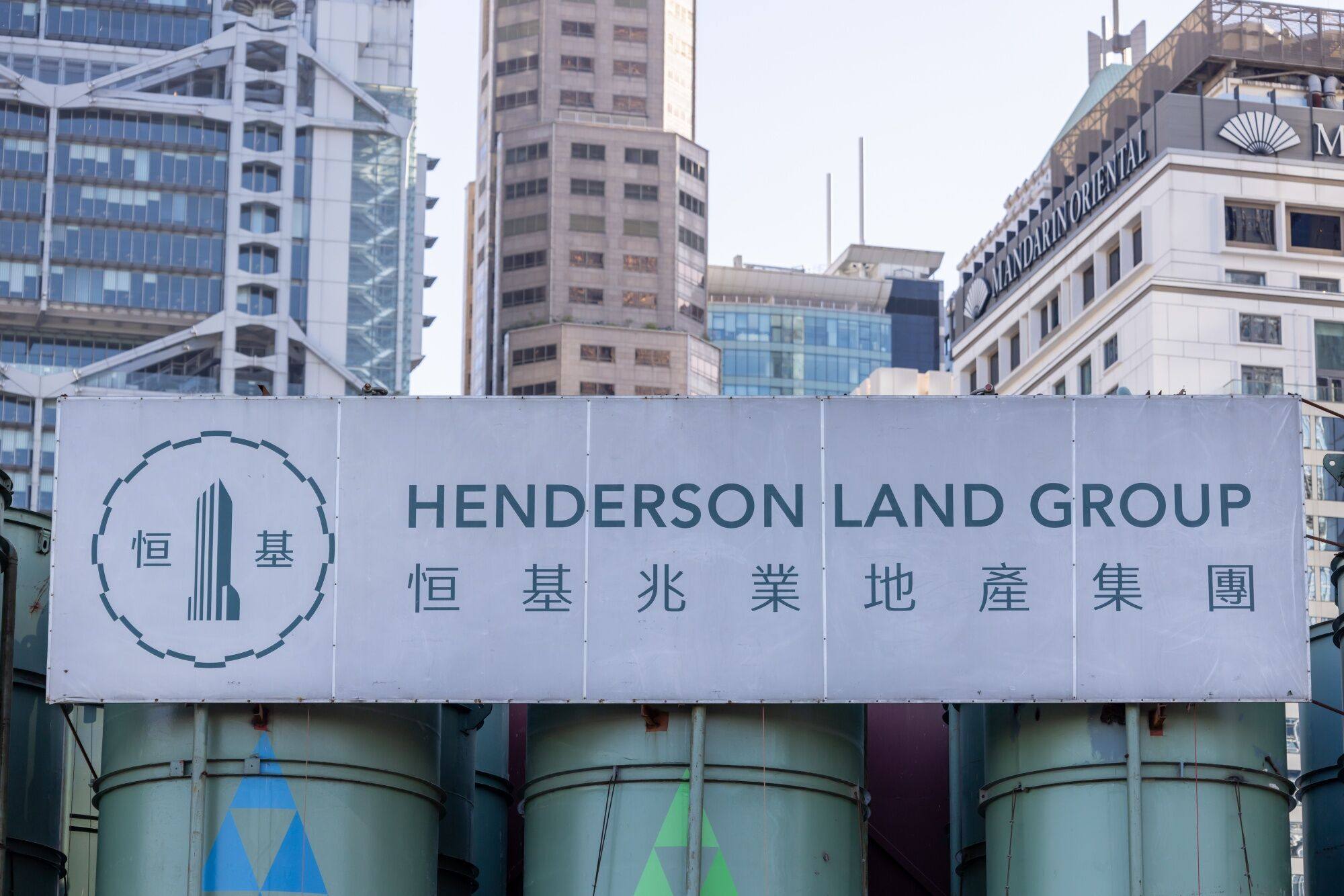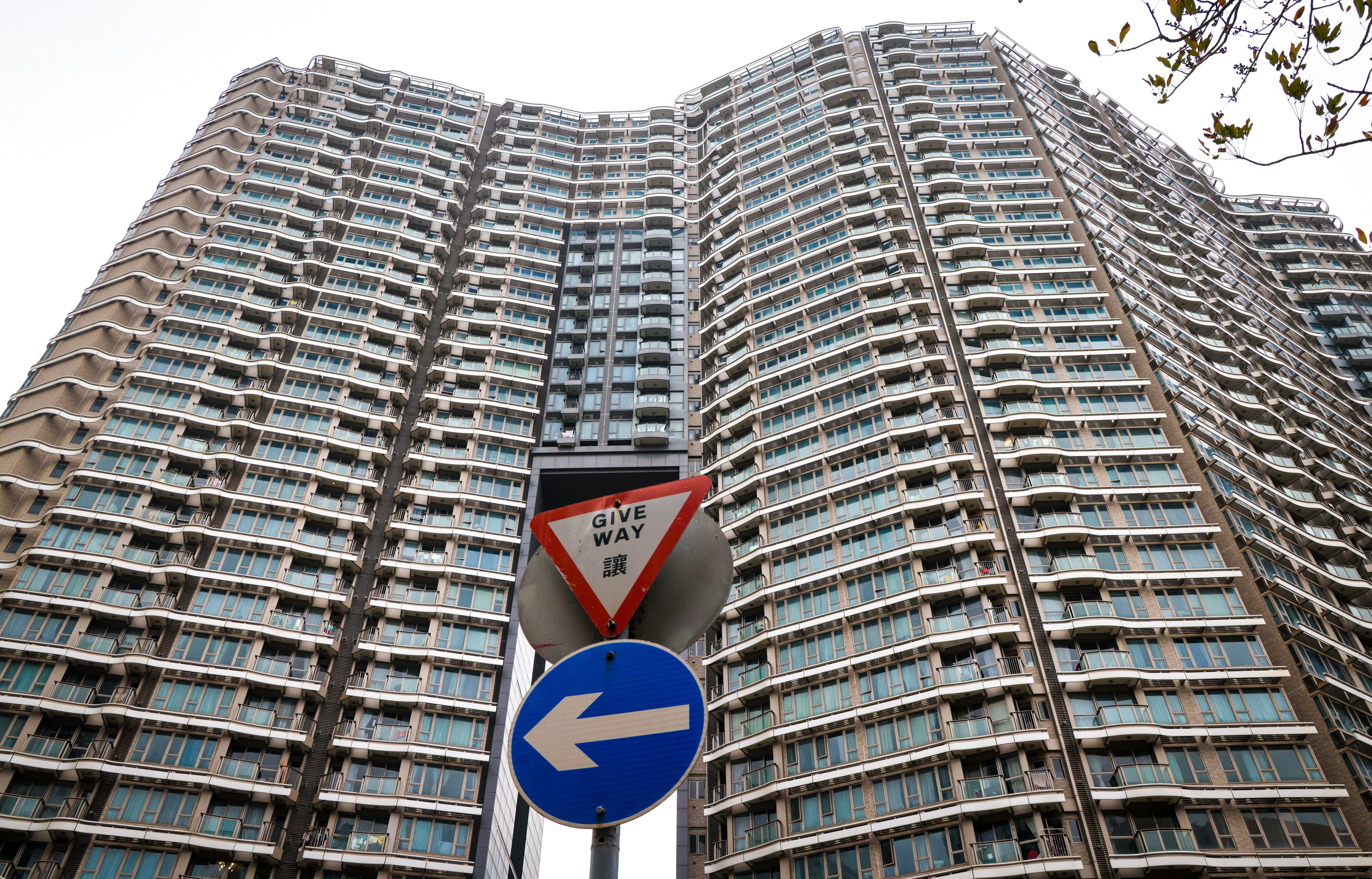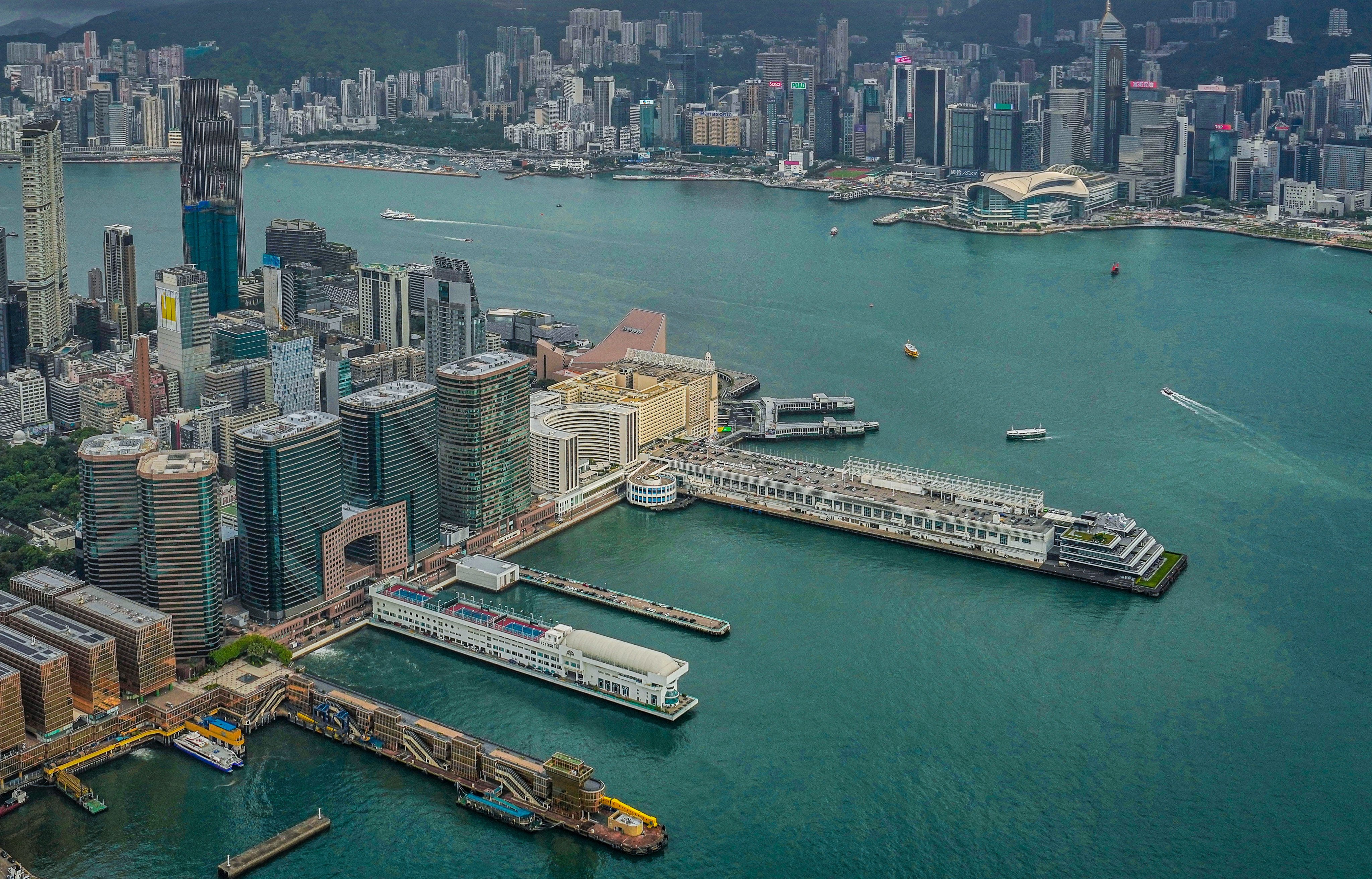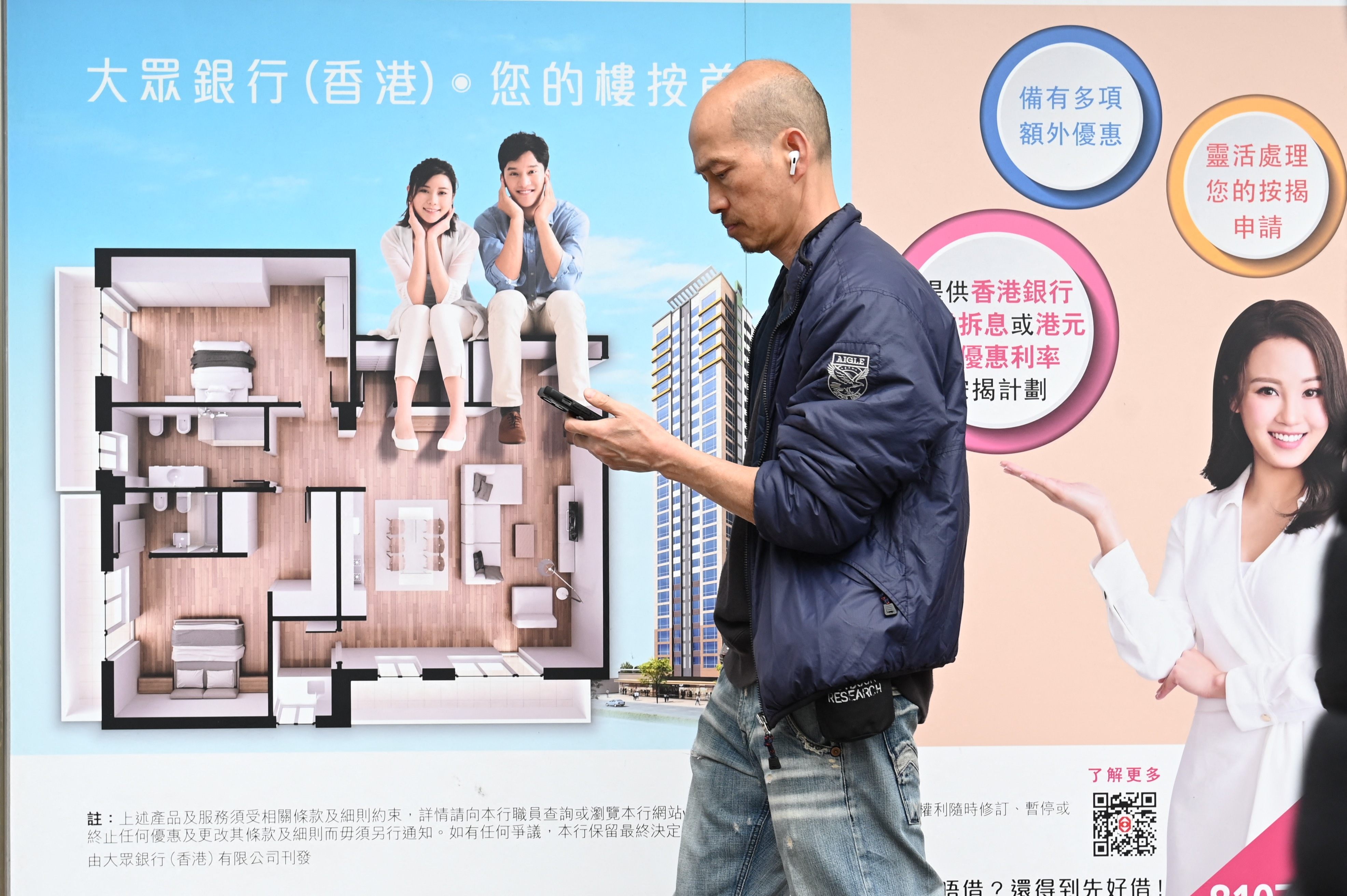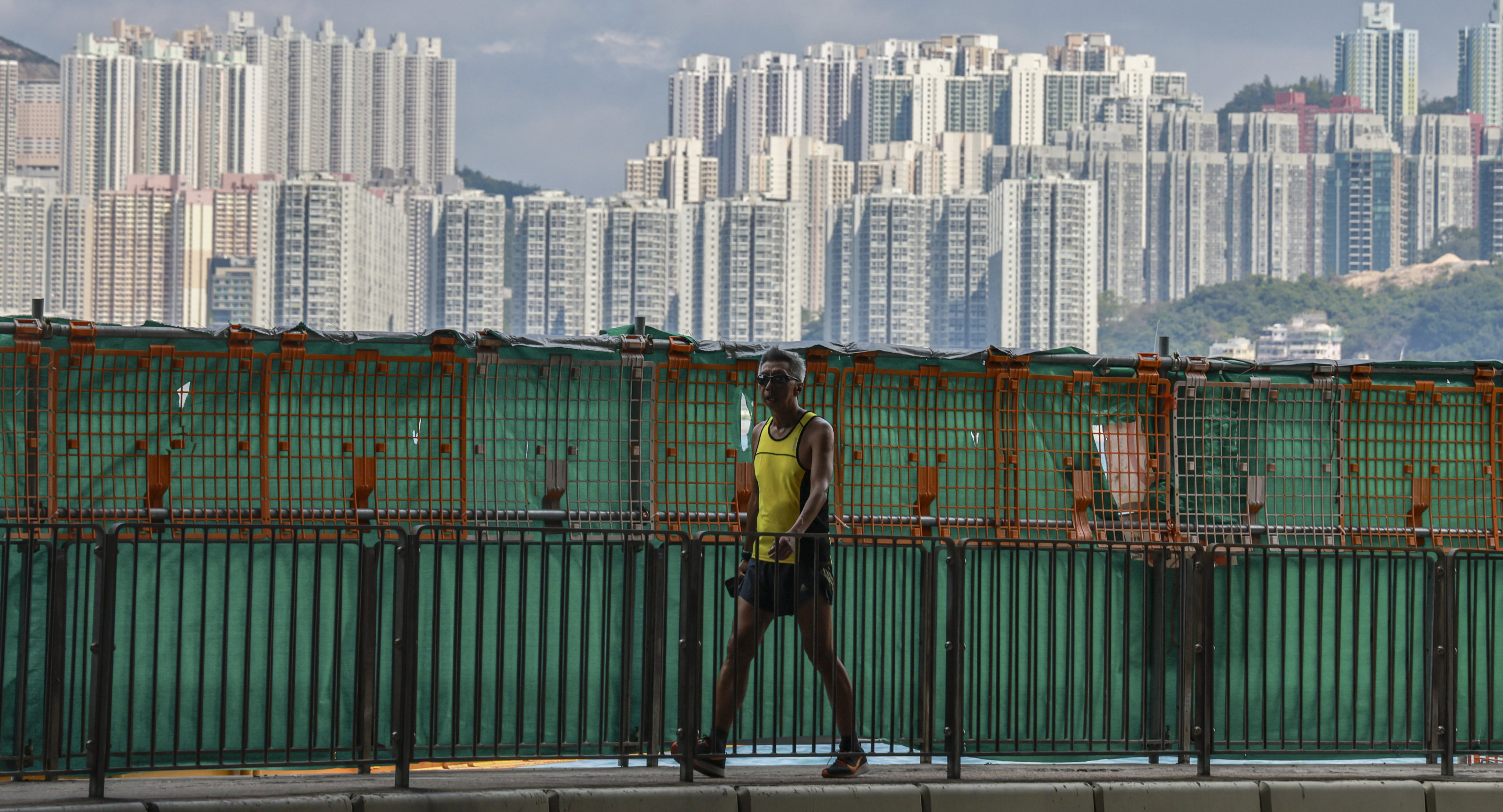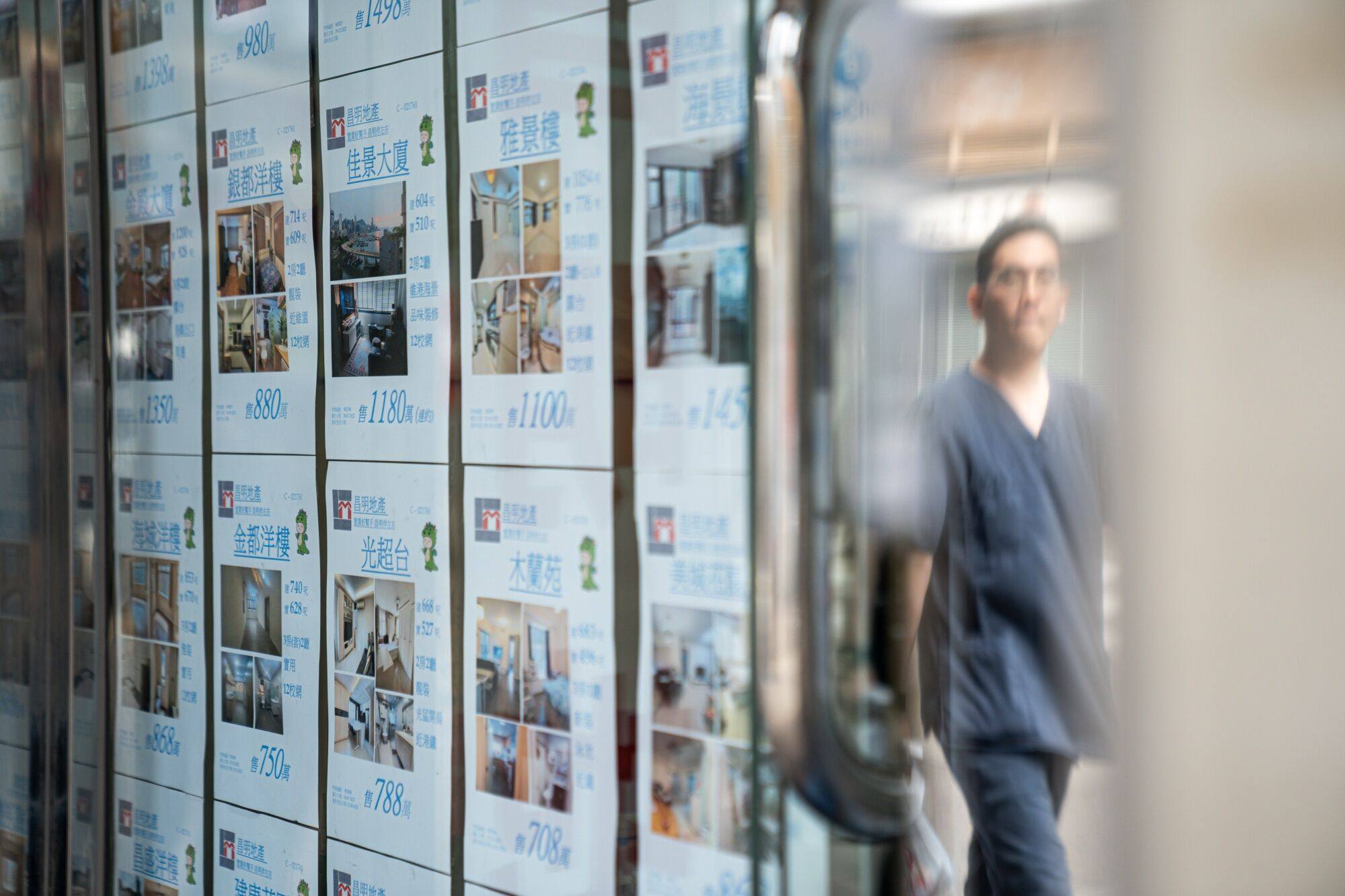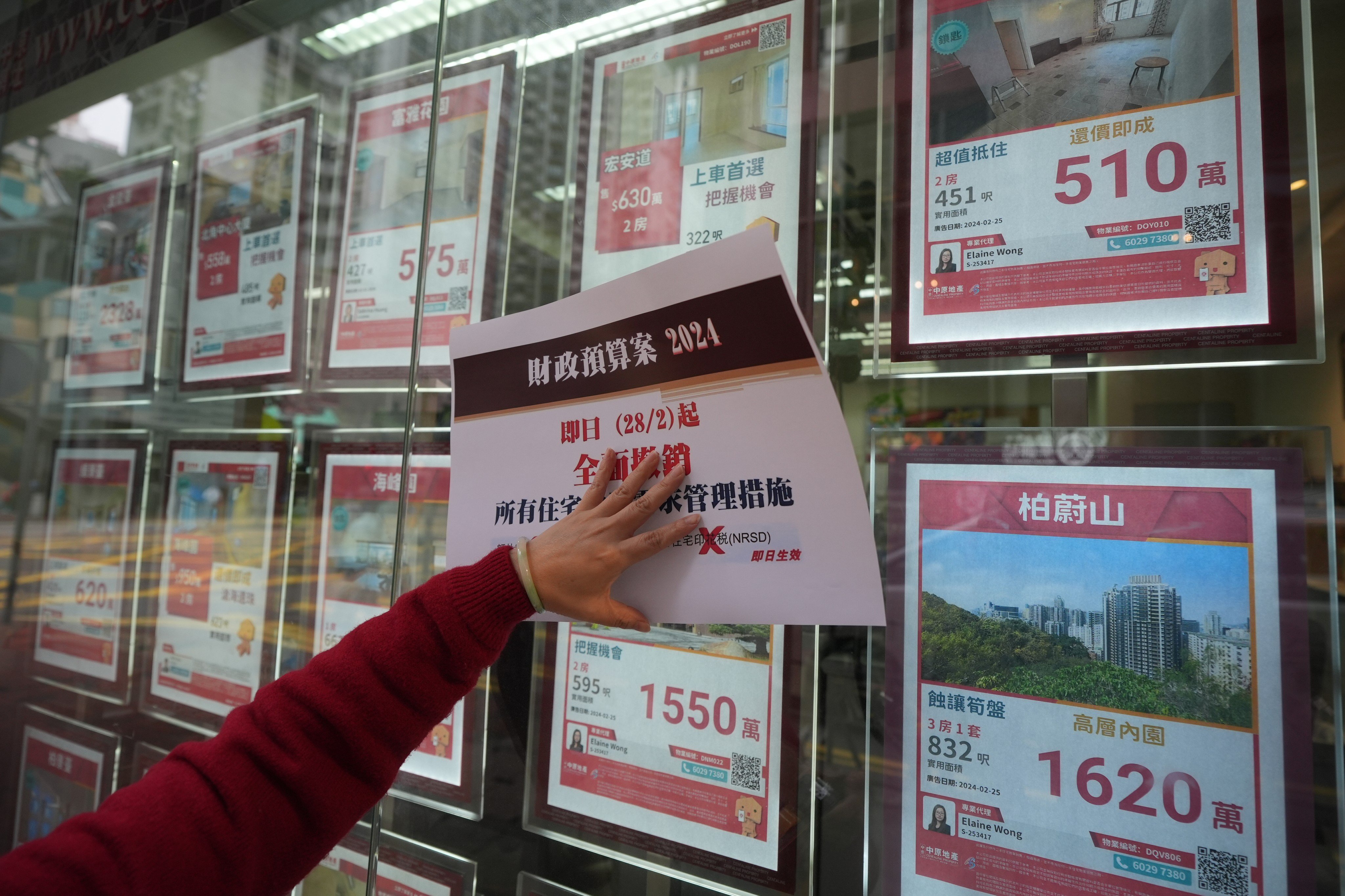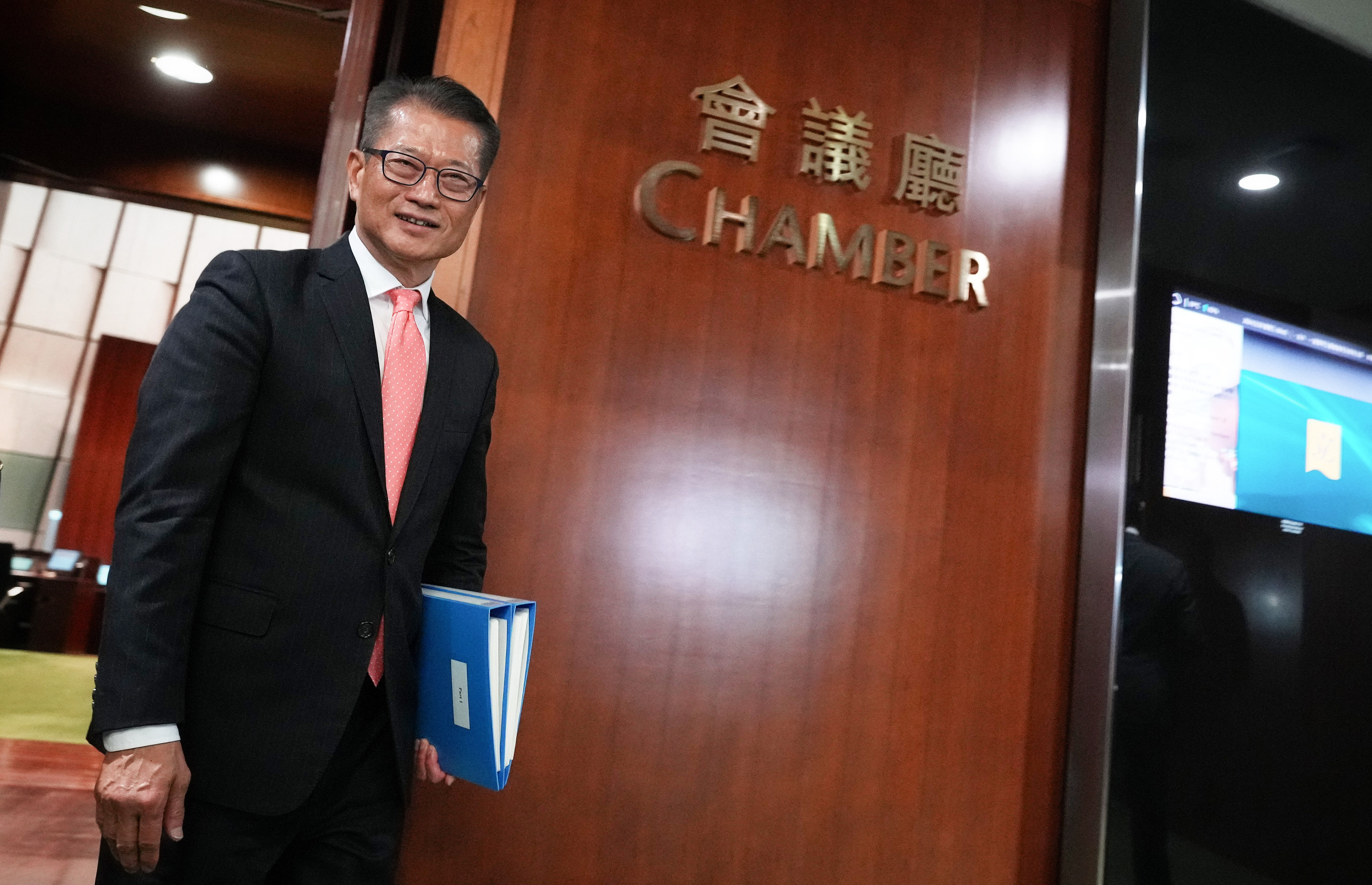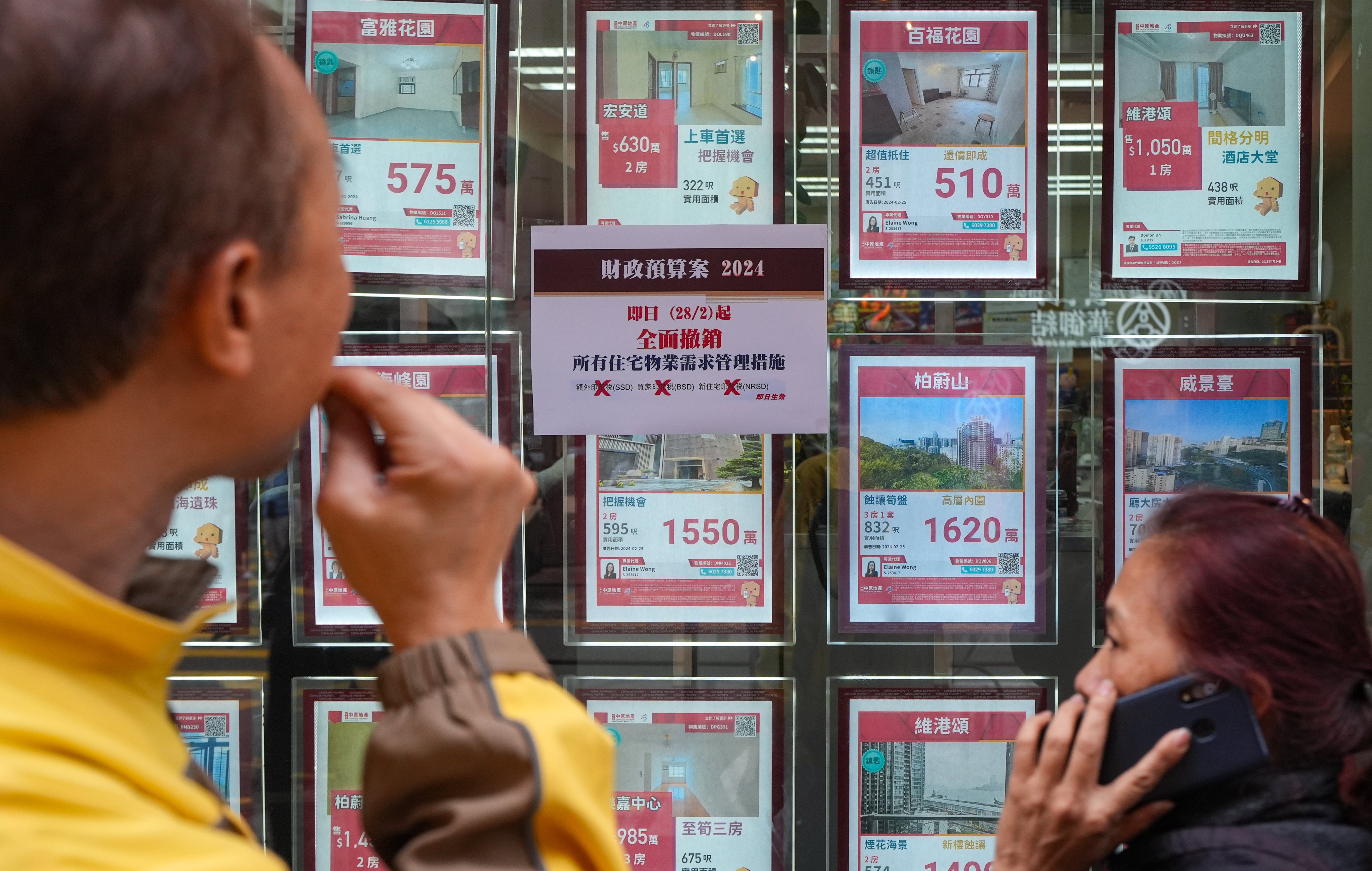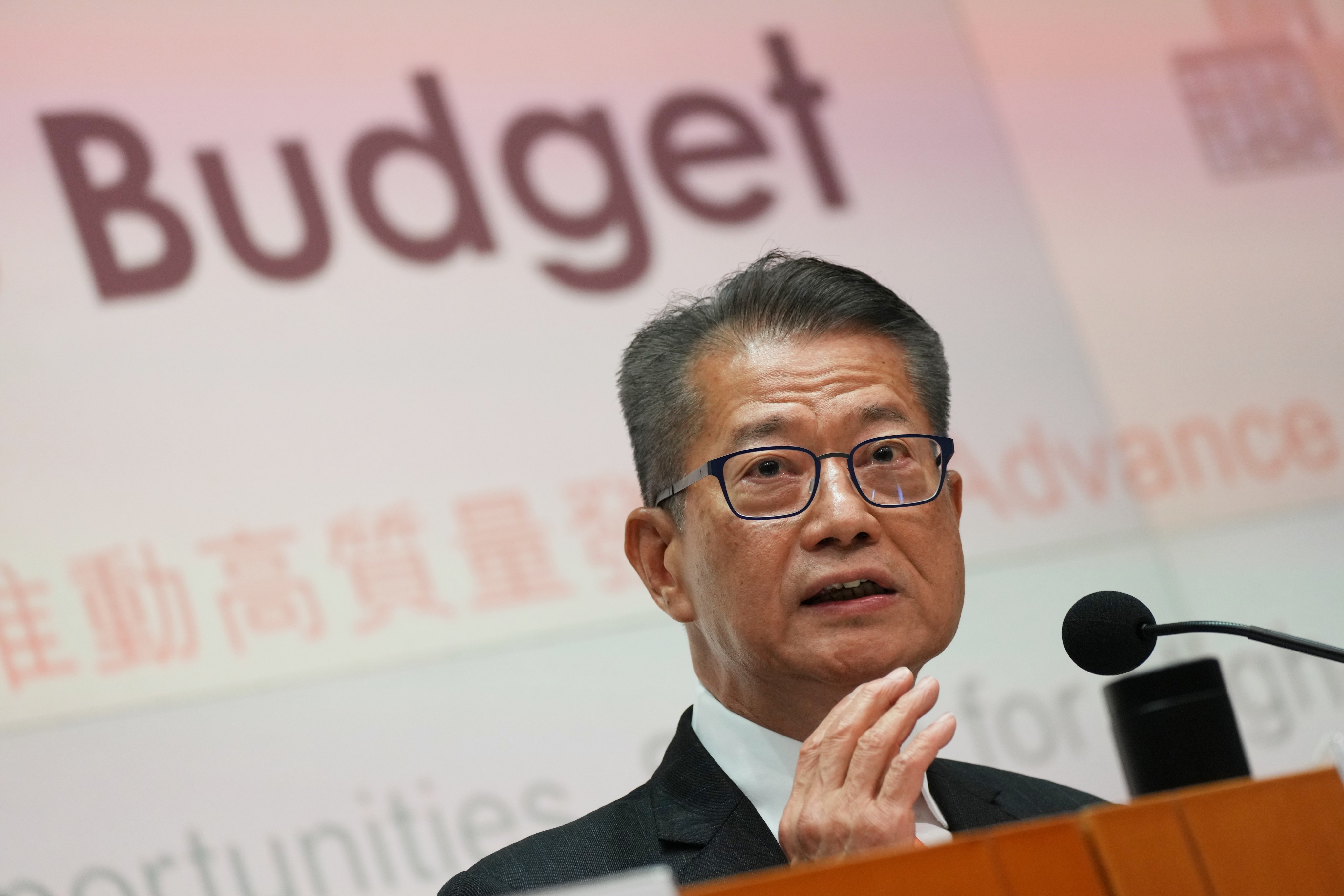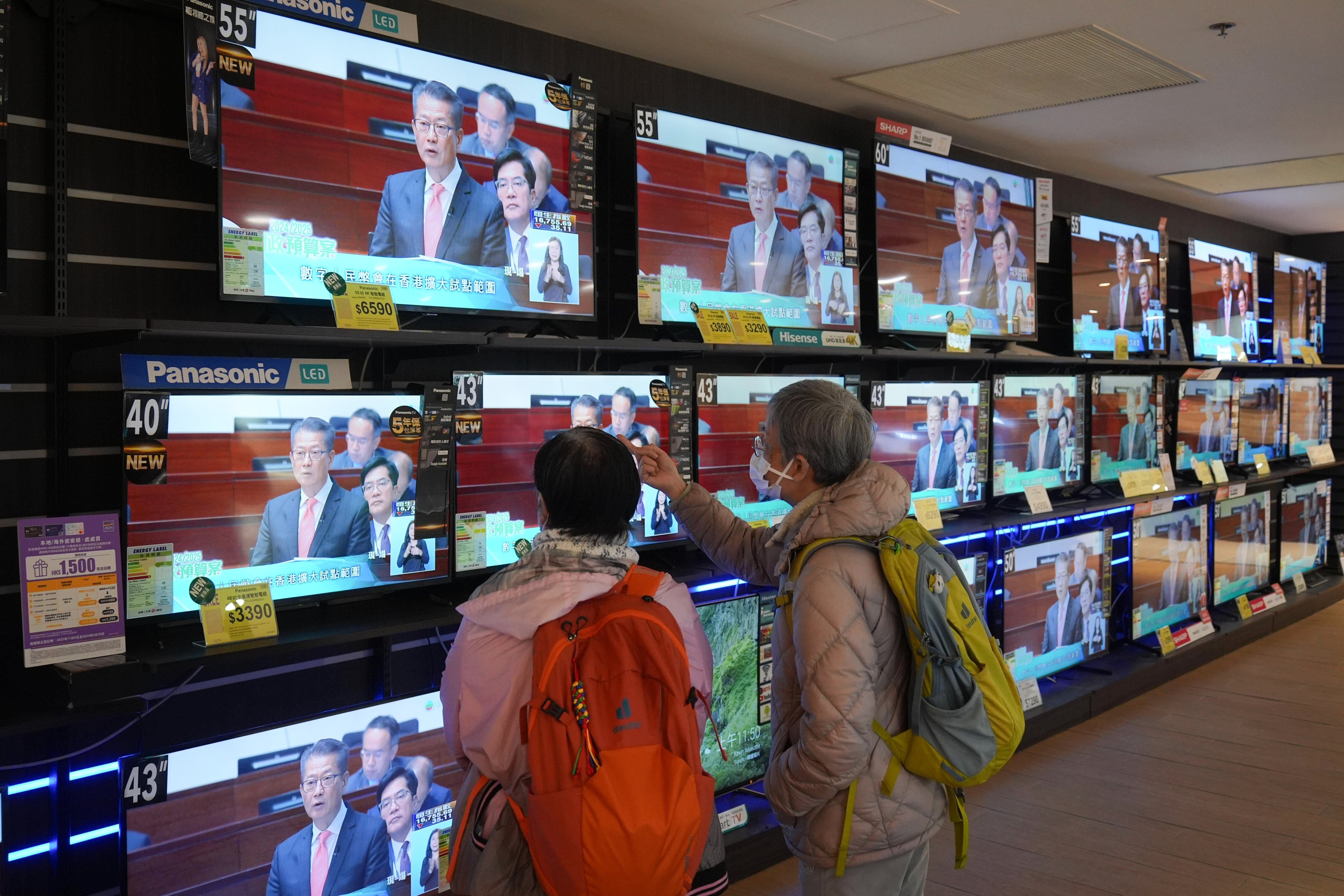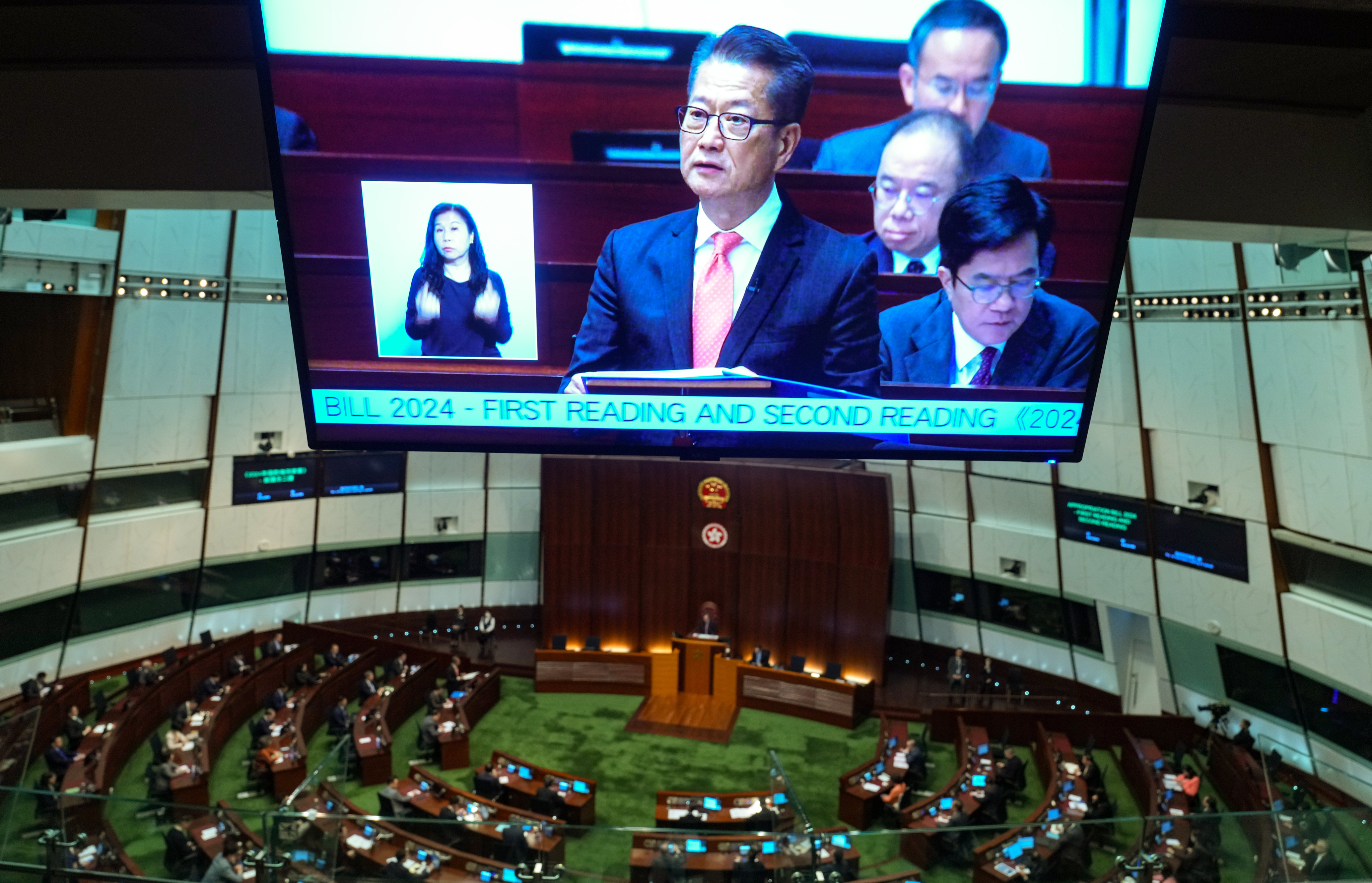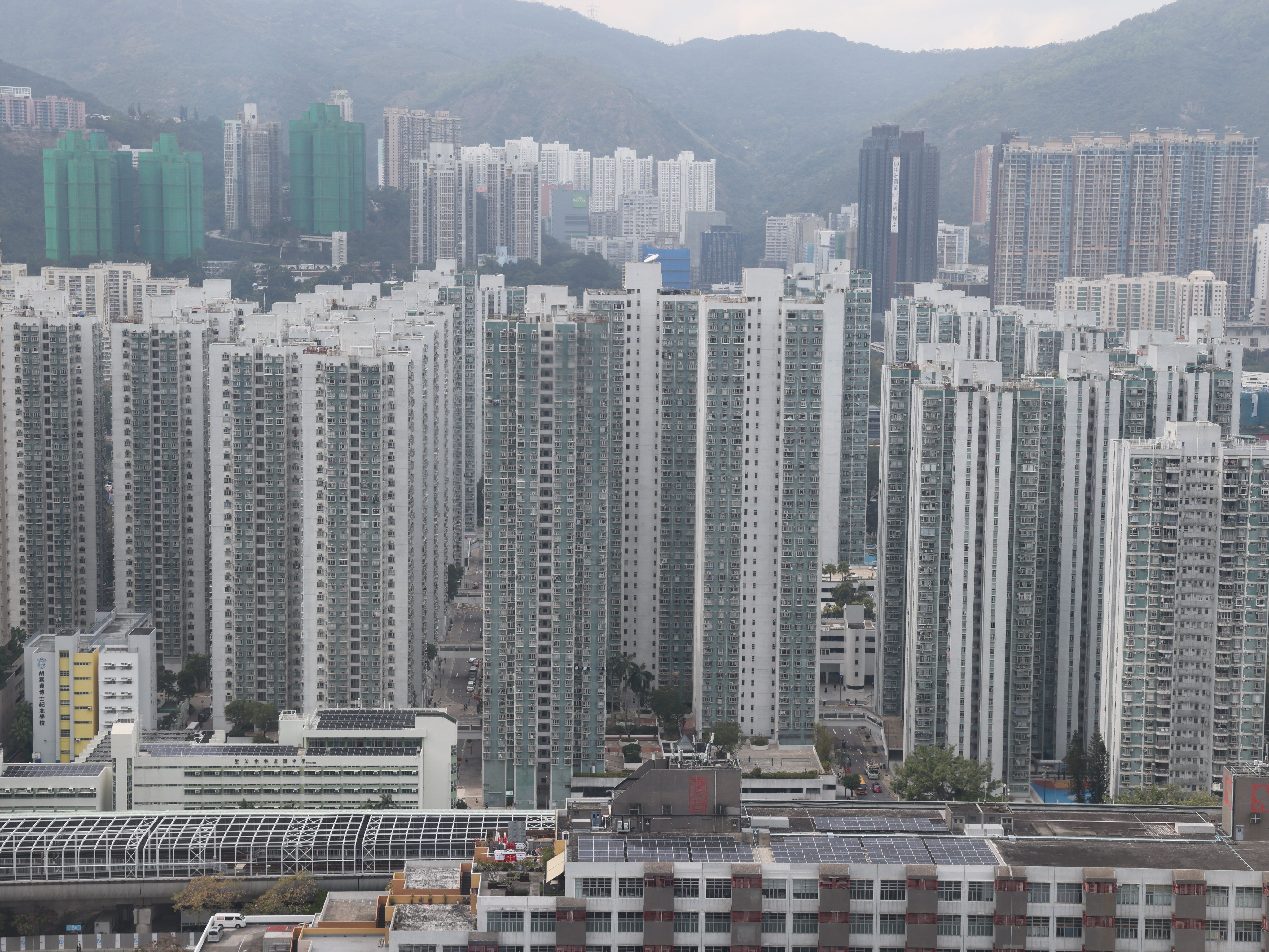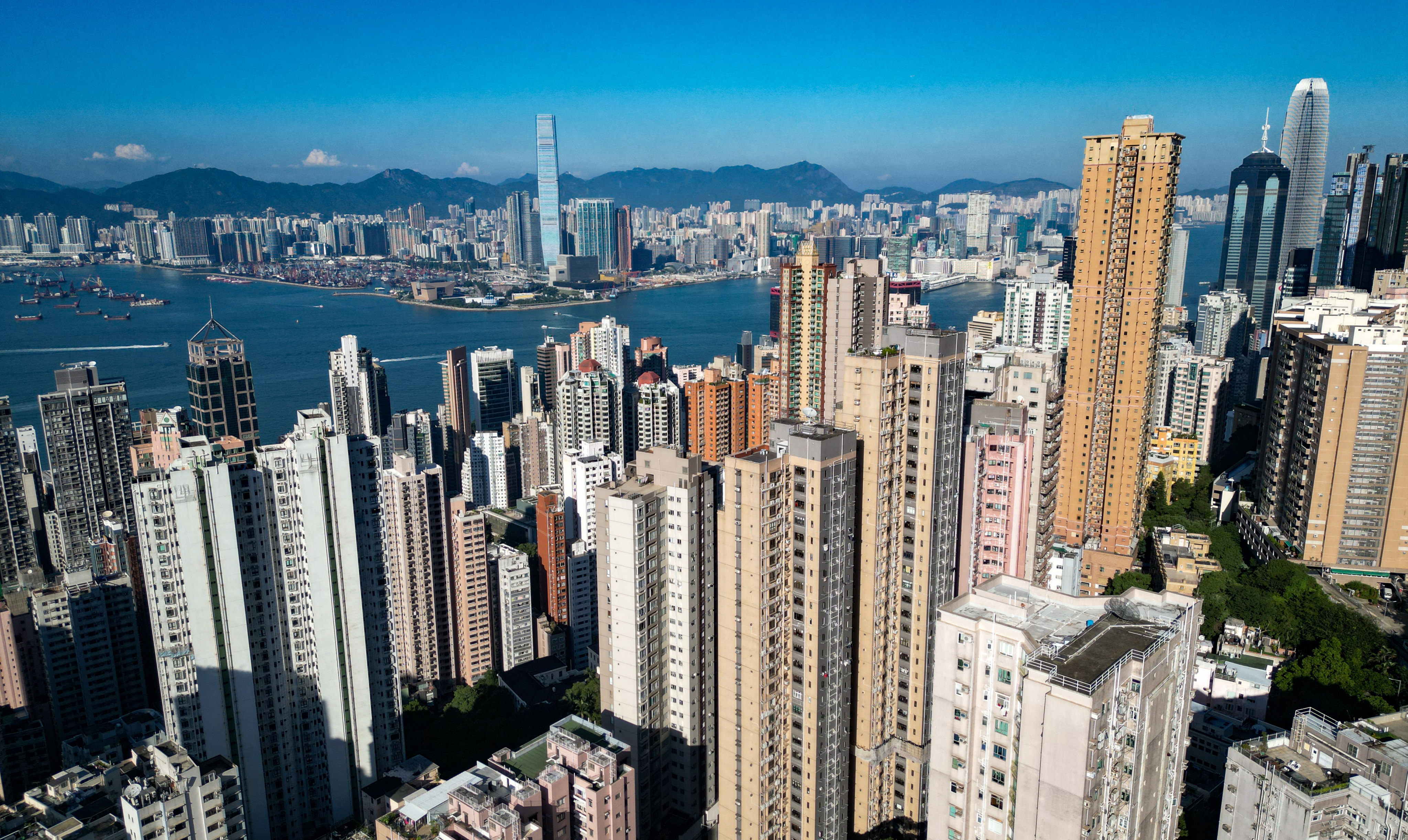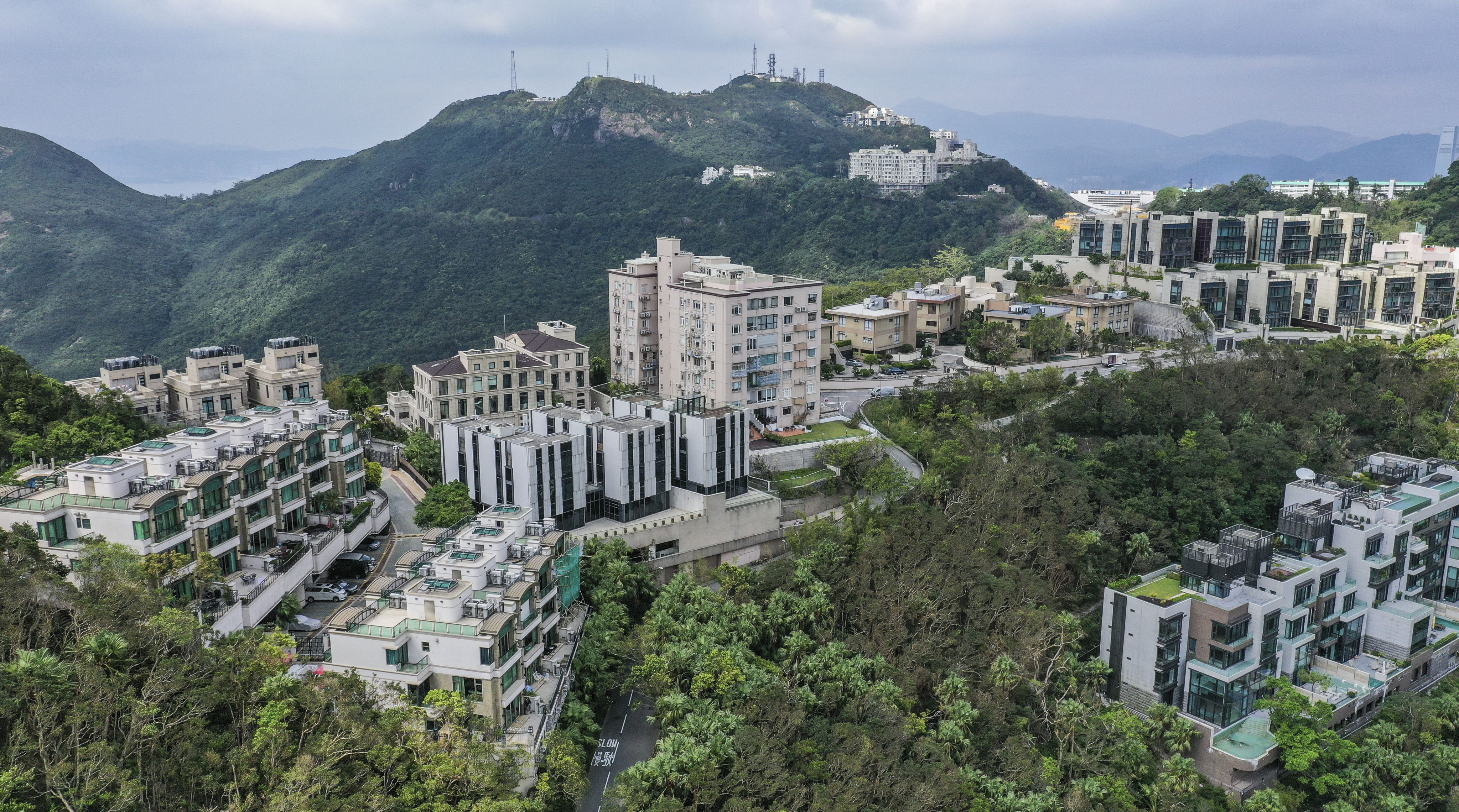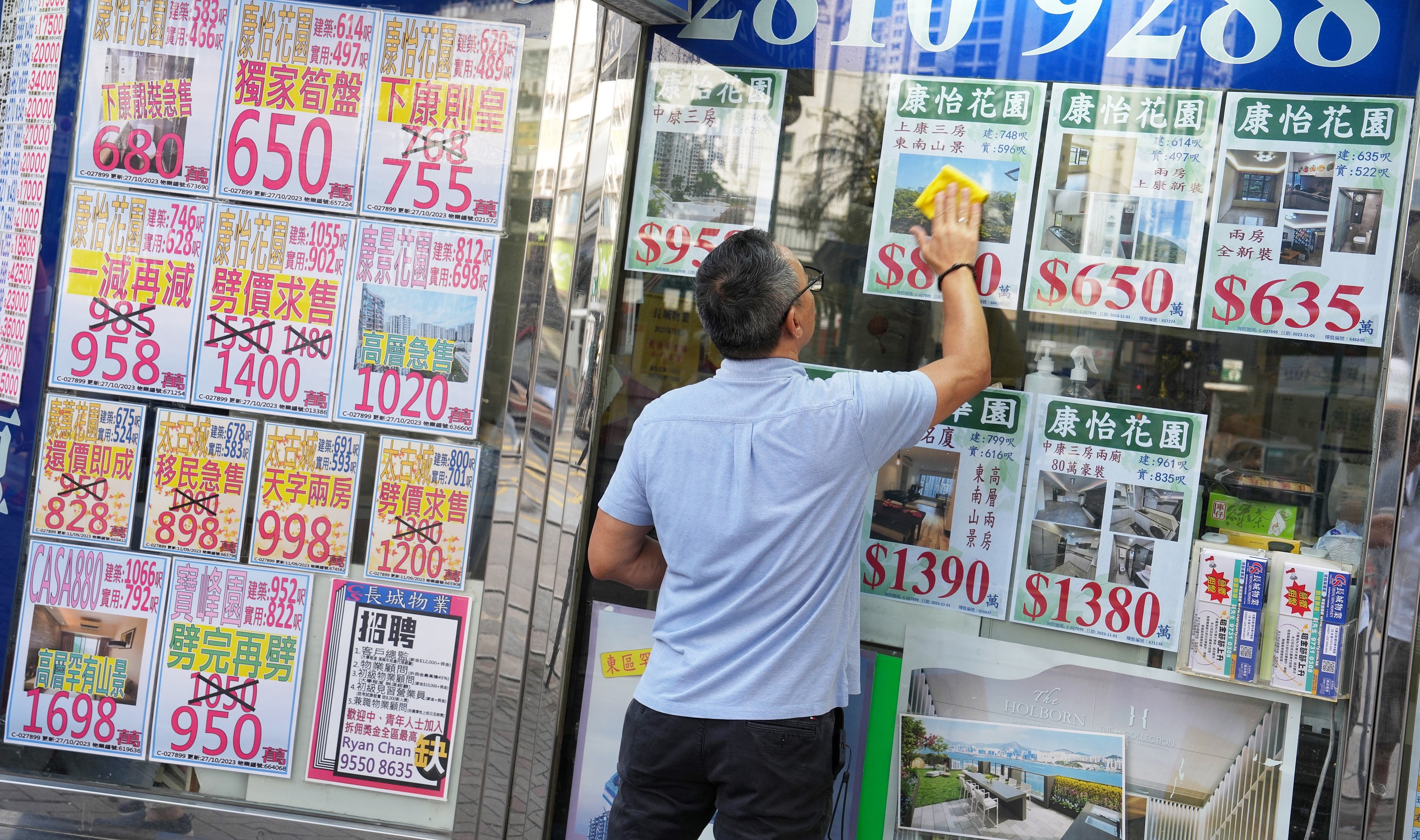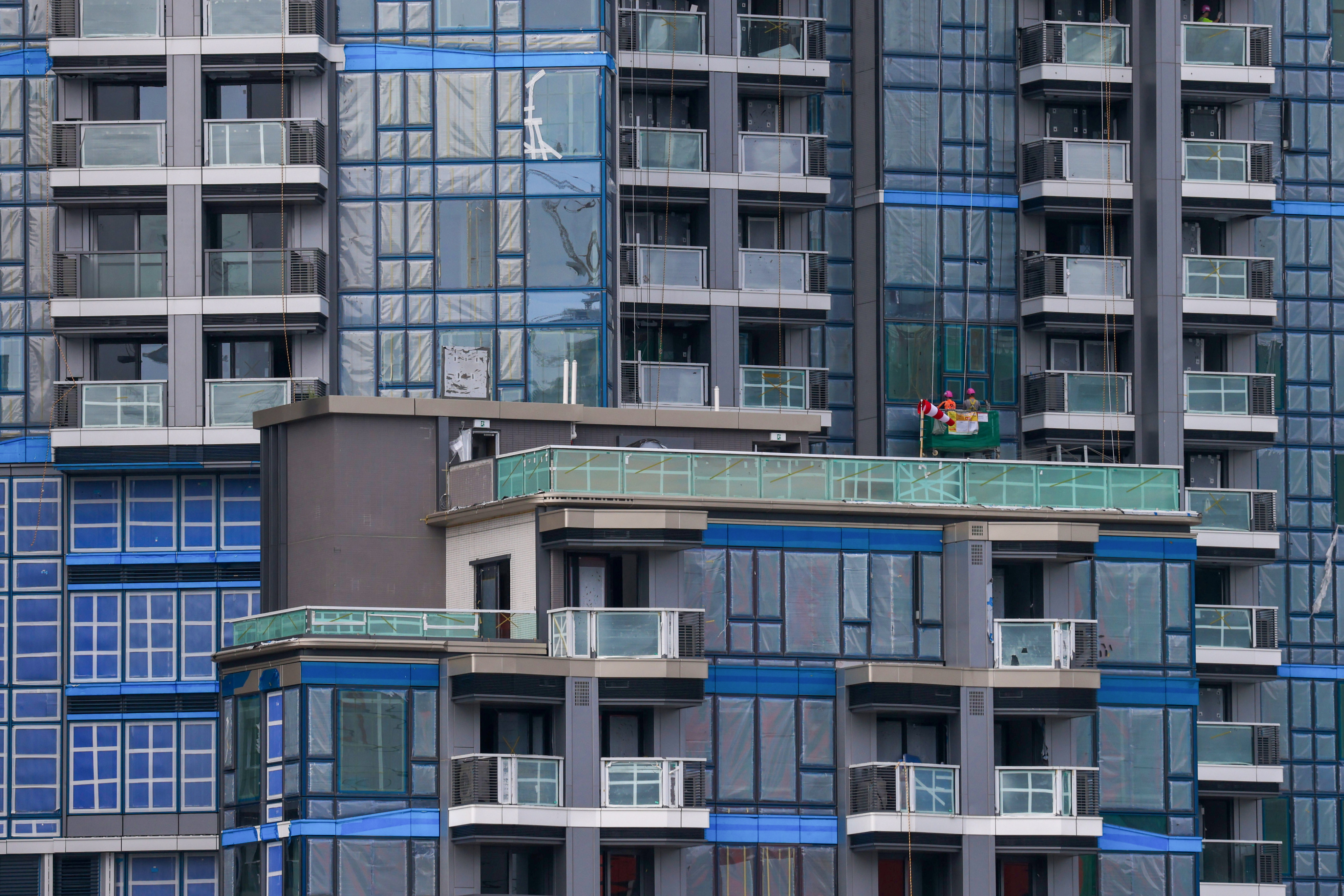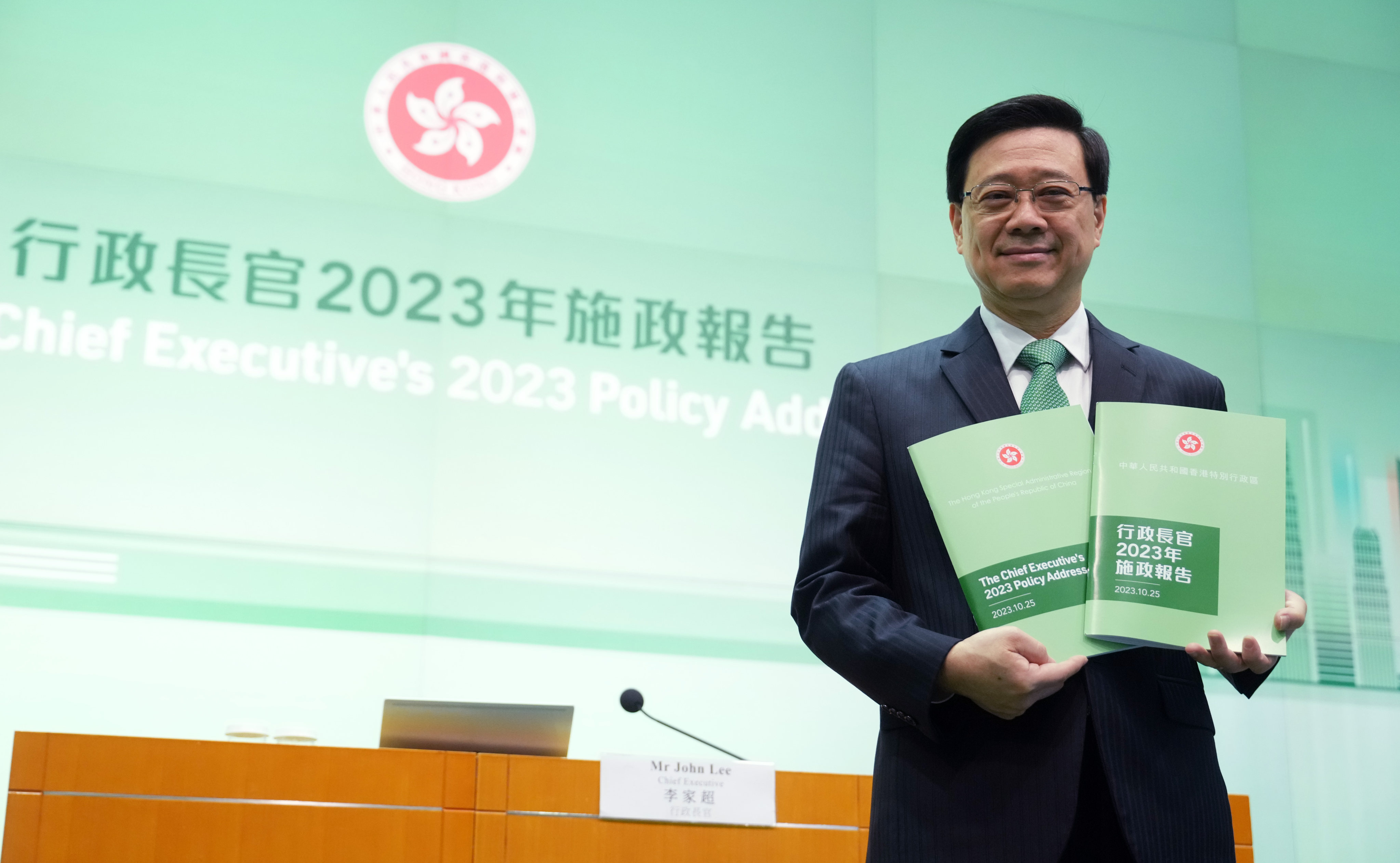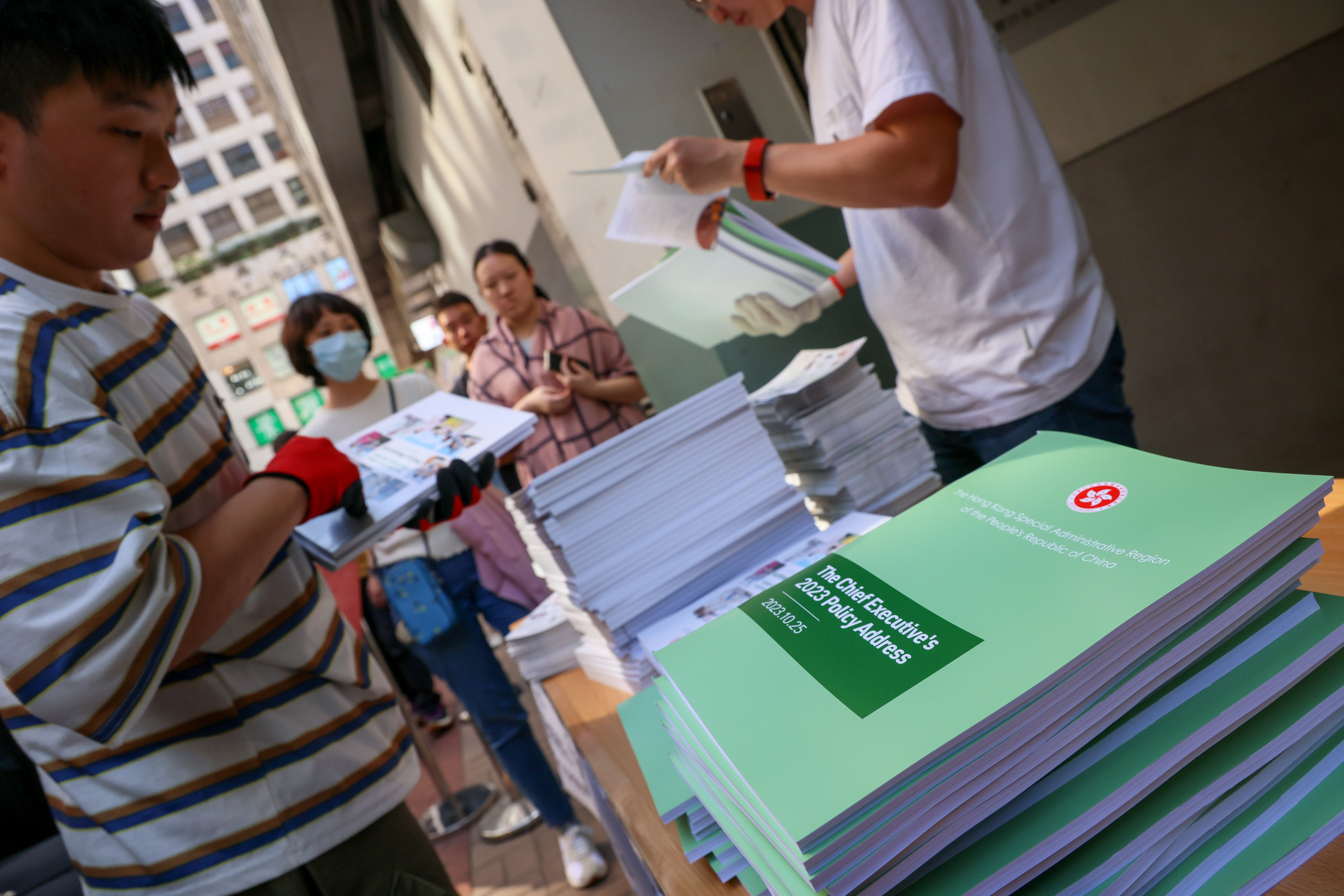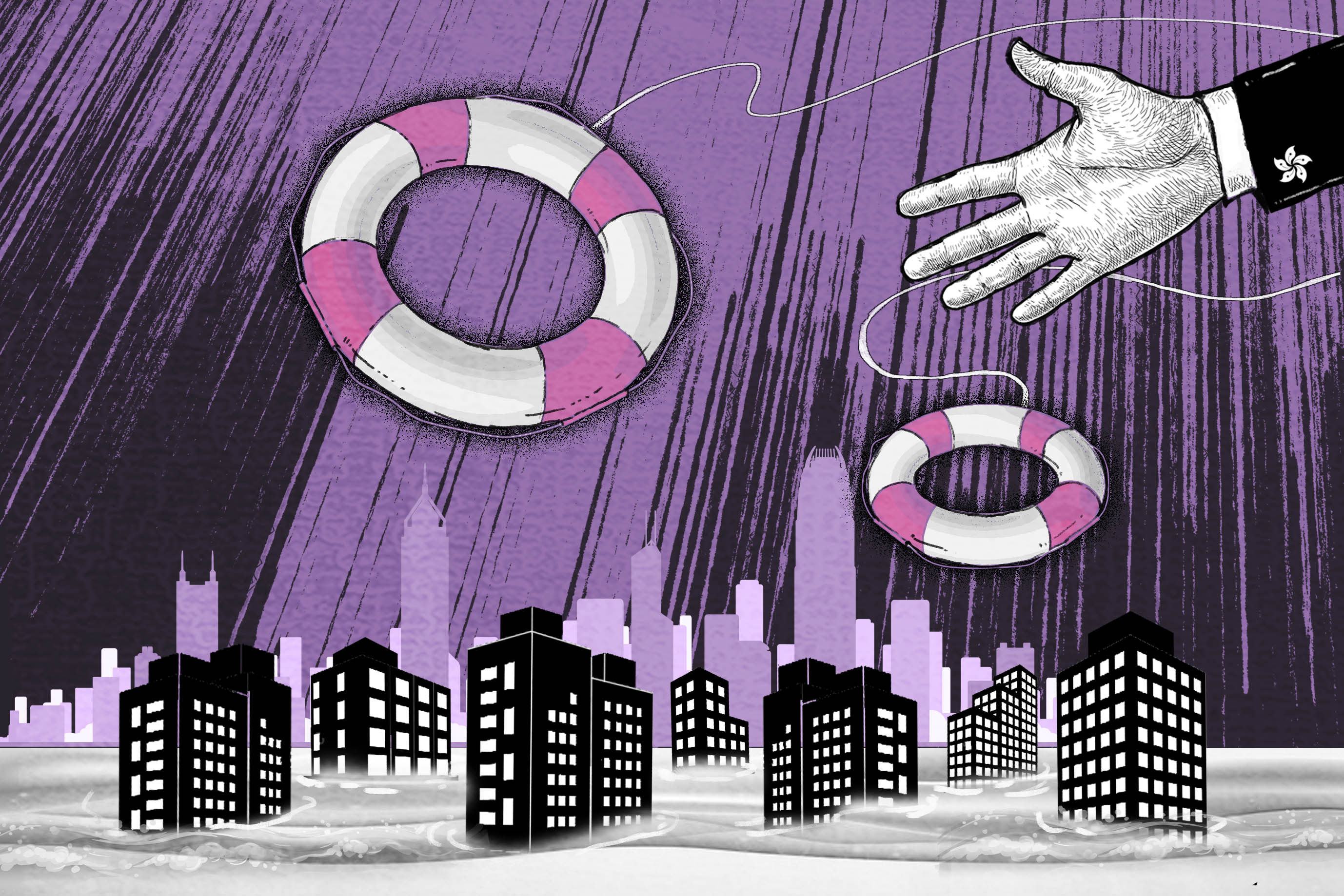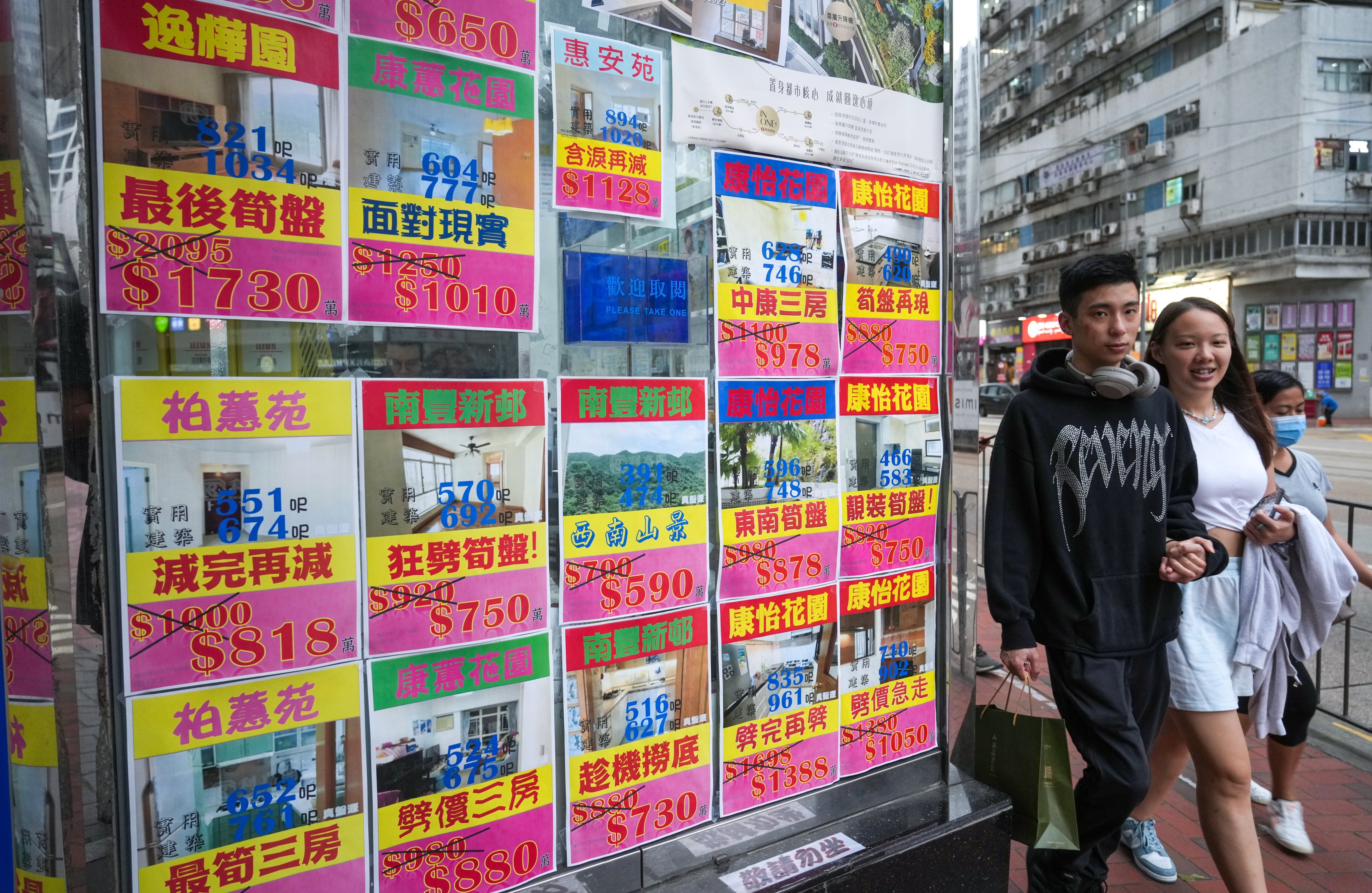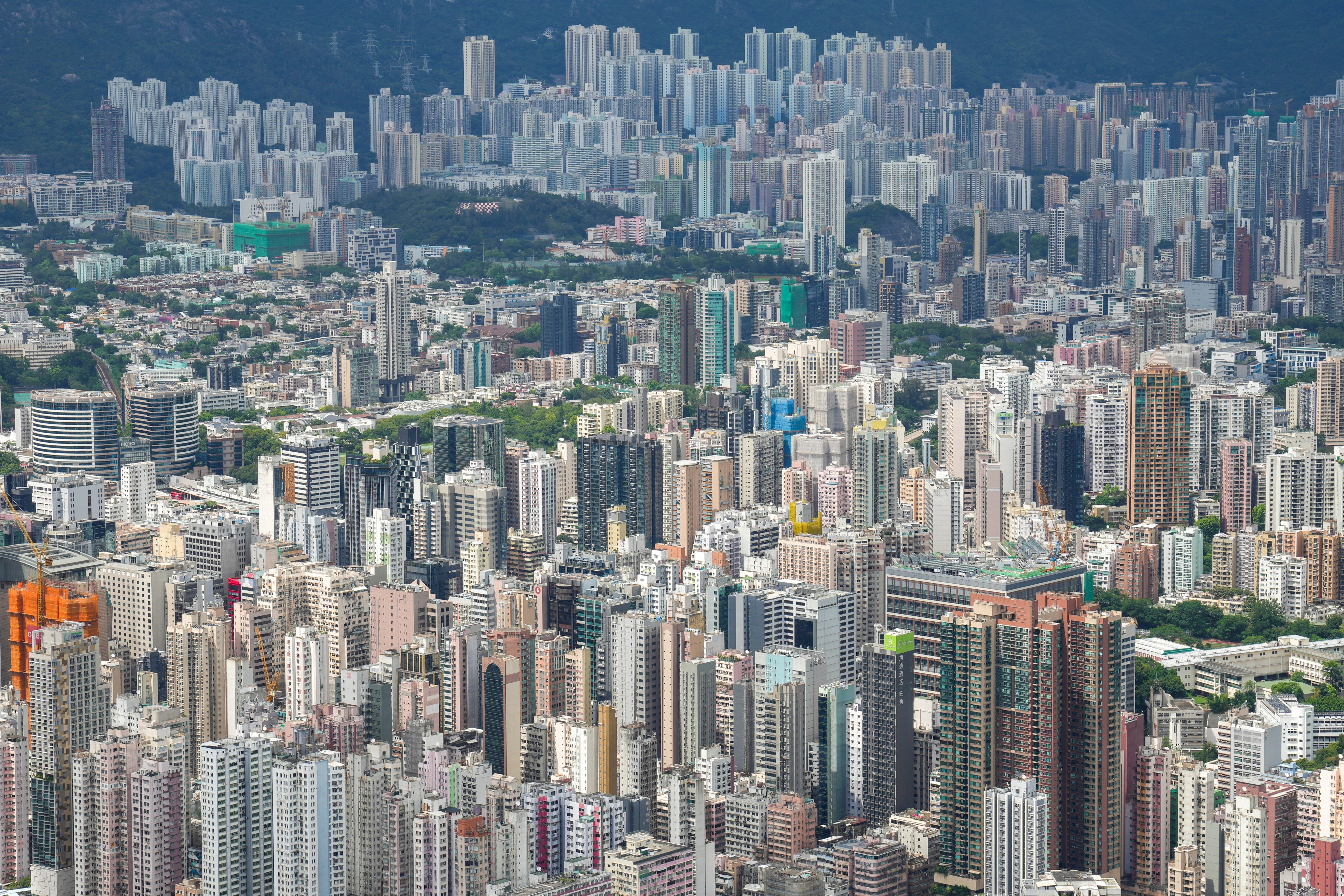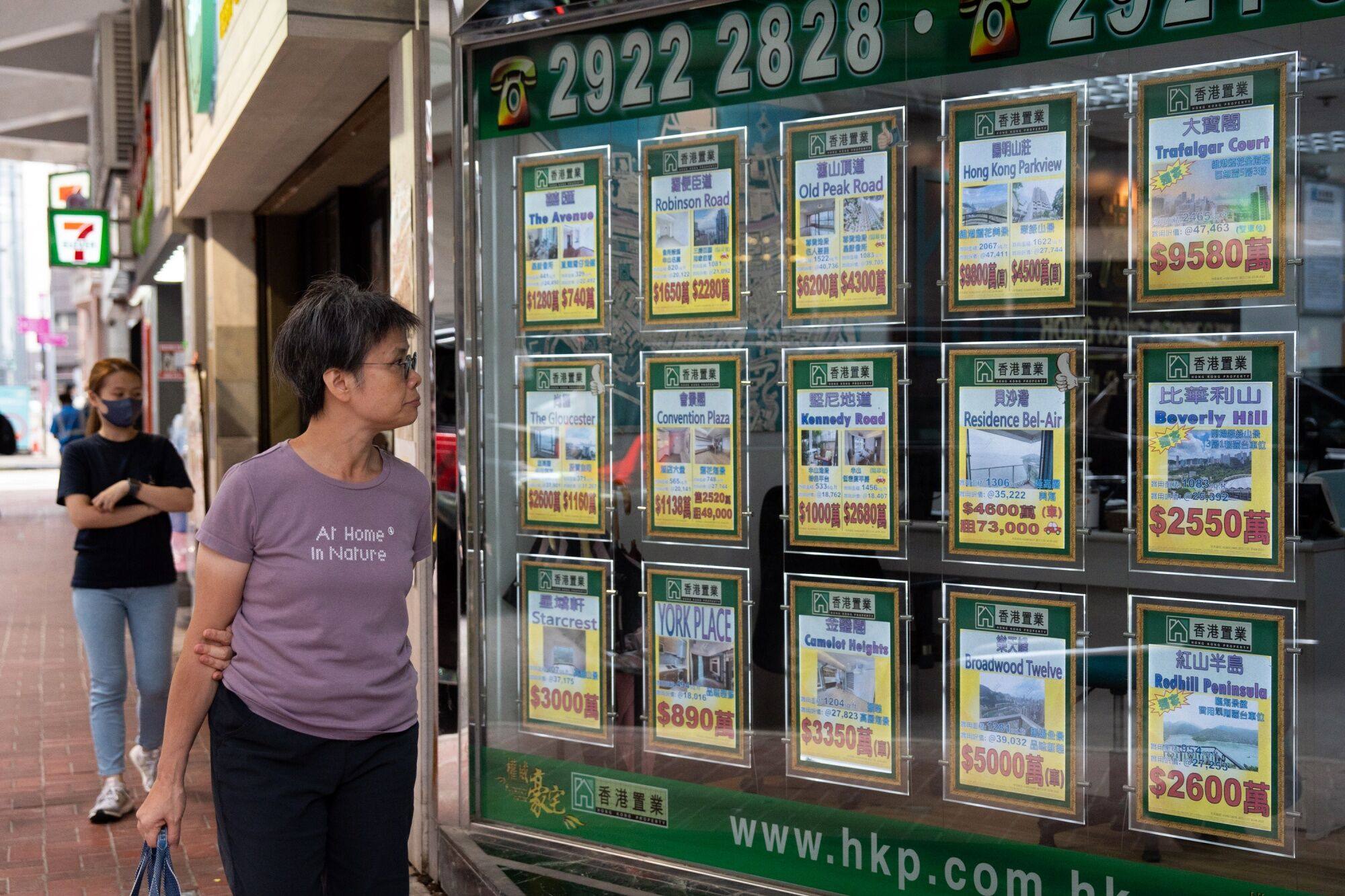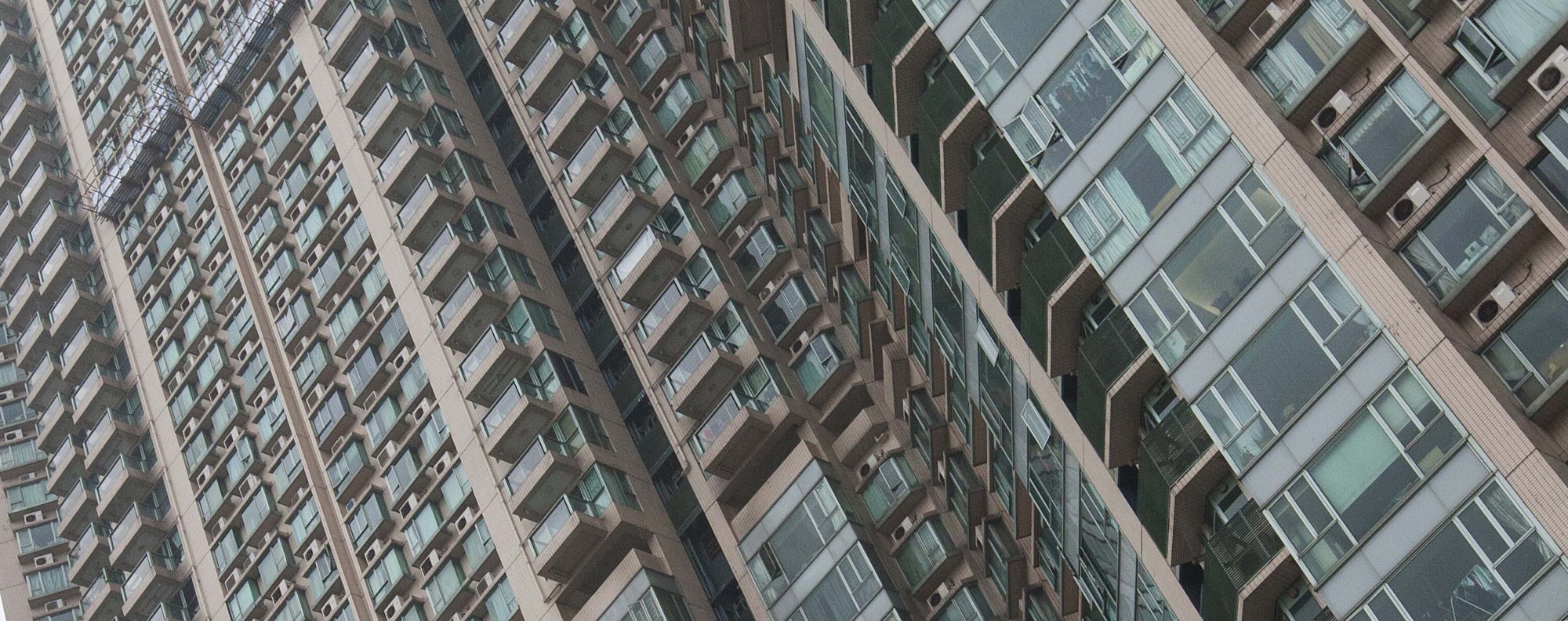
Topic
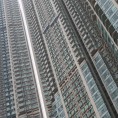
To rein in the city's runaway housing prices, Hong Kong's Financial Secretary John Tsang Chun-wah announced an additional 15 per cent stamp duty on non-permanent-resident and corporate buyers starting from October 27, 2012. The move prompted speculation over the effectiveness of taxation on the real estate market and criticisms that Hong Kong was turning away from its roots as a free market economy in favour of a more protectionist market environment.
Large supply of homes due to come online soon in Hong Kong will, hopefully, help thwart the rise of a new generation of speculators.
Changes announced in the policy address relaxed some curbs on home sales for the first time in more than a decade. A close eye needs to be kept on the changes so that the market can recover without overheating.
Team set up by Hong Kong financial secretary will not only consider business and finance, but also geopolitics and US-China tensions.
While the real estate sector has been lobbying for a relaxation of market cooling measures, now is not the time for big policy changes.
Move criticised by some Hong Kong lawmakers will add new revenue at a time of record deficits, be a direct tax on the rich, and may also help lower market volatility.
- Strong supply and elevated interest rates mean house prices are unlikely to return to the kind of breakneck growth seen in the past, analysts say
- ‘A healthy market is where there is supply, and property prices rise with inflation,’ says Donald Choi, CEO of Chinachem
Hong Kong property sales rose to a 10-month high in March, surpassing 5,000 deals a month after the government lifted all property cooling measures, data from the government shows.
The lived-in home-price index fell 1.7 per cent in February versus 1.2 per cent in January, according to the Rating and Valuation Department. Prices have fallen for 10 months in a row, losing 13.7 per cent in value.
Mainland Chinese buyers are aggressively snapping up new luxury homes worth HK$30 million or more since the removal of all of Hong Kong’s property curbs last month, JLL says.
The developer of Belgravia Place says it will launch 7,100 new homes this year, 5 per cent fewer than the 7,655 units offered in 2023. The firm reported flat underlying profit of US$1.2 billion last year.
Simon Siu, chairman of Estate Agents Authority, says decision to scrap extra stamp duties last month was ‘shot in the arm’ for ailing property market.
‘China faces considerable domestic challenges, from a sluggish property market to weak consumer sentiment, Wharf says. After a poor result in 2023, more time is needed to revive the property markets, it says.
Readers question the rationale behind the removal of stamp duties intended to cool the property market, and point to the benefits of the measure.
Hong Kong’s largest developer by market capitalisation is being tipped by analysts to emerge as the ‘prime beneficiary’ of the city’s removal of all property cooling measures.
The removal of property curbs in the Hong Kong government’s budget announcement last week has generated a very encouraging response in the housing market.
The removal of all property sector cooling curbs in Hong Kong has sparked immediate interest among mainland Chinese buyers, who still perceive real estate in the city as a lucrative investment option, industry insiders said.
Financial Secretary Paul Chan surprises market by going for a complete removal of all property cooling measures with immediate effect.
Financial Secretary Paul Chan says property market conditions have changed since cooling measures were introduced about a decade ago.
Residents to pay more tax on annual salaries exceeding HK$5 million, while government will revive 3 per cent tax on hotel stays and raise tobacco duty.
Immediate scrapping of property curbs, issuing of large amounts of bonds for infrastructure among measures unveiled in finance chief Paul Chan’s budget address.
All decade-old property cooling measures scrapped with immediate effect as authorities look to revive market.
Secondary market transactions in Hong Kong flats jumped last week, as buyers took advantage of seven-year low prices, before a possible further relaxation of property cooling measures.
Insiders hint ‘only some measures might be lifted’ while analysts say they are sceptical that home prices will soar even if all cooling measures are removed.
Hong Kong’s lived-in home prices fell for the ninth straight month in January, intensifying calls to roll back curbs on the sector even as the government is seeking to rein in a ballooning deficit estimated to exceed HK$100 billion (US$12.8 billion).
The worst is likely over for the luxury property segment globally, with prime home prices set to rise more than previously anticipated in 2024, according to Knight Frank’s Global Prime Residential Forecast.
Transactions for 2,767 new and lived-in homes were completed last month, a 22 per cent increase from October. But overall property deals are on track to end below the all-time low of 59,619 in 2022.
Chief Executive John Lee stresses property market woes are not unique to Hong Kong, may persist due to high interest rates.
In a lengthy and wide-ranging policy address, Chief Executive John Lee also put the focus on greater integration with mainland China.
Hong Kong’s leader proposes raft of measures ranging from easing of property curbs, to offering handouts to promote childbirths and enacting security legislation.
City leader John Lee is set to unveil plans to revive sluggish property market in policy address, which experts say can spur economy and lure foreign talent.
Measures to boost birth rate and improve city’s innovation hub status are also high on the agenda as Lee plots fixes for structural problems in economy, source says.
Company reports a 28 per cent decline in profit attributable to shareholders and cuts final dividend by 80 per cent to ‘retain cash and strength’, CEO Adrian Cheng says.
An improved economy, a better jobs outlook and a turnaround in stock market performance are also needed to boost homebuying confidence and sentiment in the city, they say.







